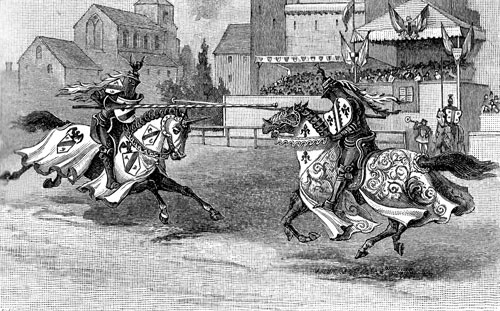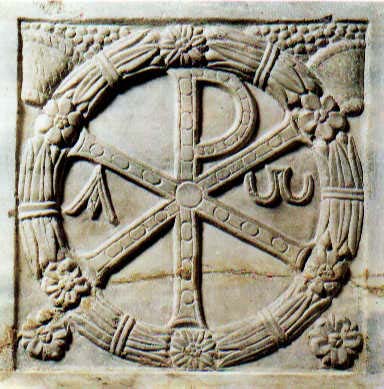Sure, the presents have all been opened, the dinners have
been eaten, the stockings probably are even now being put away--but I still
have one Christmas post left this year.
The word gentleman does not mean today what it did a little
over one hundred years ago. I could write up a nice and neat little
etymological diatribe about the how's and why's of the change--but someone
already did so in a far more efficient form than I could ever hope to
manage. The following is a portion of Mere Christianity which is itself a collection of materials
shared by C.S. Lewis (at the request of Winston Churchill) over British radio
during the rampant bombings by German forces on English soil during World War
II.
The word gentleman originally meant something recognisable; one who had
a coat of arms and some landed property. When you called someone "a gentleman"
you were not paying him a compliment, but merely stating a fact. If you said he
was not "a gentleman" you were not insulting him, but giving information.
There was no contradiction in saying that John was a liar and a gentleman; any
more than there now is in saying that James is a fool and an M.A. But
then there came
people who said-so
rightly, charitably, spiritually, sensitively,
so anything but
usefully-"Ah, but surely the
important thing about a gentleman is not the
coat of arms and the land, but the behaviour? Surely he is the true gentleman who behaves
as a gentleman should? Surely in that sense
Edward is far more truly a gentleman than John?"
They meant well. To be honourable and courteous and brave is of course a
far better thing than to have a coat of arms.
But it is not the same thing.
Worse still, it is not a thing everyone will agree about. To call a man
"a gentleman" in this new, refined sense, becomes, in fact, not a way
of giving information about him, but a way of praising him: to deny that he is "a
gentleman" becomes simply a way of insulting him. When a word ceases to be
a term of description and becomes merely a term of praise, it no longer tells you
facts about the object: it only tells you about the speaker’s attitude to that
object. (A “nice” meal only means a meal
the speaker likes.)
A gentleman, once it has been spiritualised and refined out of its old coarse,
objective sense, means hardly more than a man whom the speaker likes. As a
result, gentleman is now a useless word. We had lots of terms of approval already,
so it was not needed for that use;
on the other hand if anyone (say,
in a historical work) wants to
use it in its old sense, he cannot
do so without explanations. It has been spoiled for that purpose.
Now if once we allow people to start spiritualising and refining, or as
they might say "deepening,” the sense of the word Christian, it too will speedily
become a useless word. In the first
place, Christians themselves will never be able to apply it to anyone. It is
not for us to say who, in the deepest sense, is or is not close to the spirit
of Christ. We do not see into men's hearts. We cannot judge, and are indeed
forbidden to judge.
It would be wicked arrogance for us to say that any man is, or is not, a
Christian in this refined sense. And obviously a word which we can never apply
is not going to be a very useful word. As for the unbelievers, they will no
doubt cheerfully use the word in the refined sense. It will become in their mouths simply a term
of praise. In calling anyone a Christian they will mean that they think him a
good man. But that way of using the word
will be no enrichment of the language, for we already have the word good. Meanwhile,
the word Christian will have been spoiled for any really useful purpose it
might have served.
"God Make You
Mighty, Land Owners"
That would be the more accurate title and first line of the song then. A title which would seem to suggest the importance of stewardship and responsibility over what you have been given, as well as the implication that when you have been granted much, much is required.




